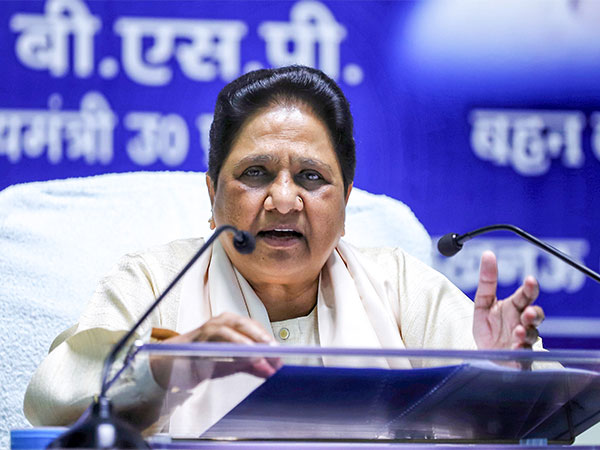Supreme Court Examines Legality of Bulldozing Properties of Accused, BSP Chief Mayawati Weighs In
The Supreme Court plans to establish guidelines for government's use of bulldozers to demolish properties of accused criminals. BSP Chief Mayawati urges protection of family members of the accused and calls for legal adherence. The top court seeks suggestions to frame nationwide guidelines and addresses the misuse of demolition practices.

- Country:
- India
The Supreme Court is set to establish guidelines on the use of bulldozers to demolish properties of accused individuals, asserting that such actions should align with legal provisions. This move follows the court's observation that properties can't be demolished even if an accused is convicted.
BSP Chief Mayawati emphasized that family members of criminals should not be punished for the crimes of their relatives. She urged that action should be targeted at officials colluding with criminal elements, advocating for adherence to the 'Rule of Law by Law.'
In a series of posts, Mayawati supported the Supreme Court's stance, stressing that bulldozers should be used according to legal directives. She called for strict actions against officials who fail to deliver justice due to collusion with criminal entities, reinforcing her party's commitment to lawful governance.
The Supreme Court bench, comprising justices BR Gavai and KV Viswanathan, has invited suggestions to frame pan-India guidelines on the use of bulldozers. The court highlighted that demolitions cannot proceed based on accusations alone, nor can convicted persons' properties be razed without adhering to legal standards.
Addressing petitions against the misuse of bulldozer practices, the Solicitor General Tushar Mehta clarified that no property can be bulldozed solely due to criminal involvement. Demolitions must comply with municipal laws and legal frameworks.
The increasing trend of extra-legal demolitions, particularly affecting minorities and marginalized communities, was criticized. The Supreme Court confirmed that illegal structures obstructing public roads would not be protected, but demolitions must follow lawful procedures.
(With inputs from agencies.)










